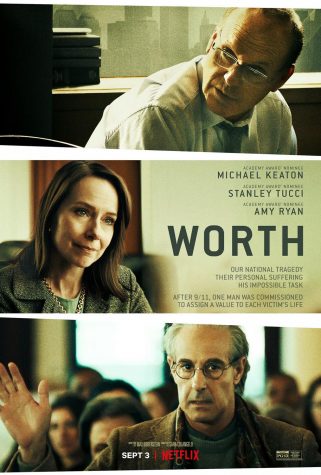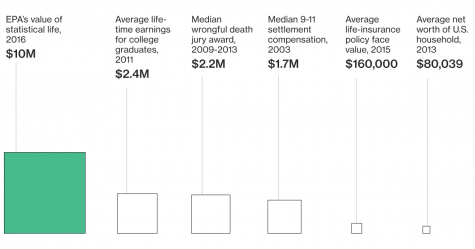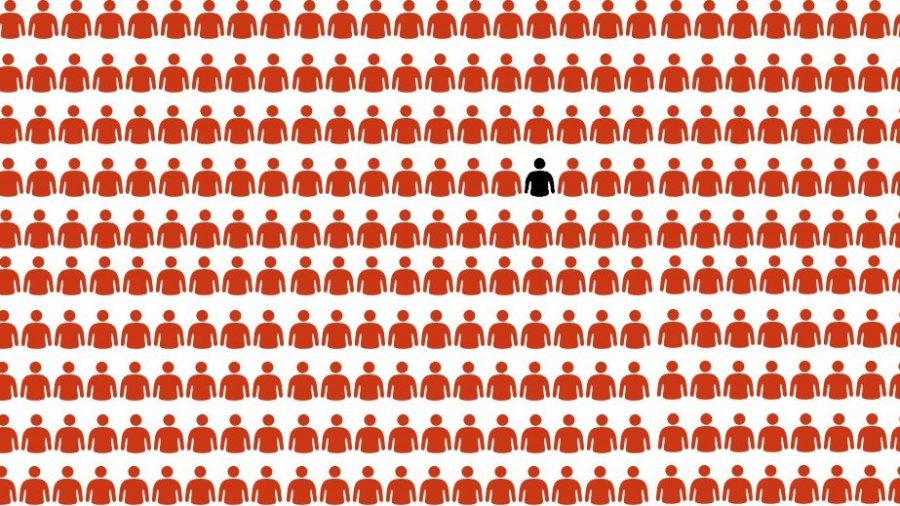WATA: The Paradox of Human Value
October 11, 2021
Welcome to the first edition of WATA: “What’s Akshay Thinking About.” This is a recurring publication that will basically illustrate a variety of philosophical and ethical dilemmas and then prompt the reader to consider the scenario and choose the answer they believe to be ideal. I will also discuss the results from each poll in the subsequent WATA. This first edition will be debating the morality of placing value over human life, or as I’ve coined it: The Paradox of Human Value.
The quintessential idea that money can be associated with the value of human life has been riddled throughout our society, from health insurance premiums to actual figures denoted by economists at Vanderbilt University. The generalized “price” as it is of human life is approximately ten million dollars according to these economists, which is a number gathered from how much each person is willing to get paid for life-threatening jobs. .
Money has no emotions, no flesh or physical manifestation as a living being, so how is it that we as human beings could be worth an assigned currency amount.
To answer this question, we must first ask another one: “What if we never placed value on human life.” If this were the case, then there would be no compensation for victims of a tragedy. Additionally, there will be no way of gauging how much extra a dangerous job should pay because that would be another way of associating human life with a monetary value. So by completely removing the concept of a monetary value on human life, many people will no longer participate in dangerous jobs, and compensations for victims wouldn’t exist. So who is really being helped? These two examples alone, are ample evidence that there are consequences to completely removing the idea of putting a value on human life.

Recently, Nexflix released the film Worth, which presents this exact scenario in the context of 9/11 and the creation a compensation fund for the victim’s families. The economists working on the fund contemplated putting a flat fee on the compensation, essentially making every person equal in value. Despite the benefit of the fund embracing a factor of equality, there are many issues that also arrive. When the economists were discussing the idea of a flat fee, one of them spoke out stating that, “There were CEOs and janitors in that building. Not all of them will accept the same price.” The simple solution to this issue would just be to discount the CEOs, but unfortunately, the situation is a little more complex than this. In doing so, the fund itself would not reach its goal of 80% claimants on board. Without 80% of claimants, there is a high risk of an economic recession, which in itself would hurt even more people. So while the flat fee contains many social benefits, there are also plenty of negative effects.
Another option is to base the pricing of each person’s life on their income level. This presents many issues in that it is certainly not equal. This “formula” does not take into account those who were teachers, oppressed by the system, or even saving lives (like firefighters who dashed into the building). All of a sudden, CEOs are the most valuable type of person, and everyone else’s family is left to struggle. Many of the victim’s families in the movie Worth also expressed their anger with this formula as it essentially dehumanizes the victims: “my wife is not a statistic!” Another side effect is that since the families are upset with the formula, there are not enough claimants on the 9/11 fund, and yet again there is a risk of economic recession. This algorithm doesn’t calculate for potential, or whether they saved lives. Is it right that a firefighter’s life is worth less than the CEO of a business? The income level formula seems to benefit a select few people without taking all aspects into consideration.

The alternative solution is to individualize the distribution of funds a lot more by doing in-depth research into one’s life. Likely this situation would cause more claimants to sign onto the fund due to its individualized approach. The issues arise when looking through the lens of equality since no one’s life is actually worth an equal amount. There will be people who are getting compensated more than others, which will also upset many of the families, and it’ll be on an undisclosed formula. Additionally, it would be extremely difficult to figure out which factors cause a family to need more money as compared to less, making it even more difficult to keep all of the families happy, but remember, only 80% of claimants are needed for the fund to be considered a “success.”
Having seen every situation and possible answer to the “Paradox of Human Value,” it is evident that there is no correct answer. I believe that there should never be placed value on human life, but at the same time, I don’t like the idea of victims not getting compensation. Every step is incorrect, so what would you choose? Would you choose to never place value on human life; put a flat fee on human life; create a formula based on income value; or create a formula based on personalized information of the person?
